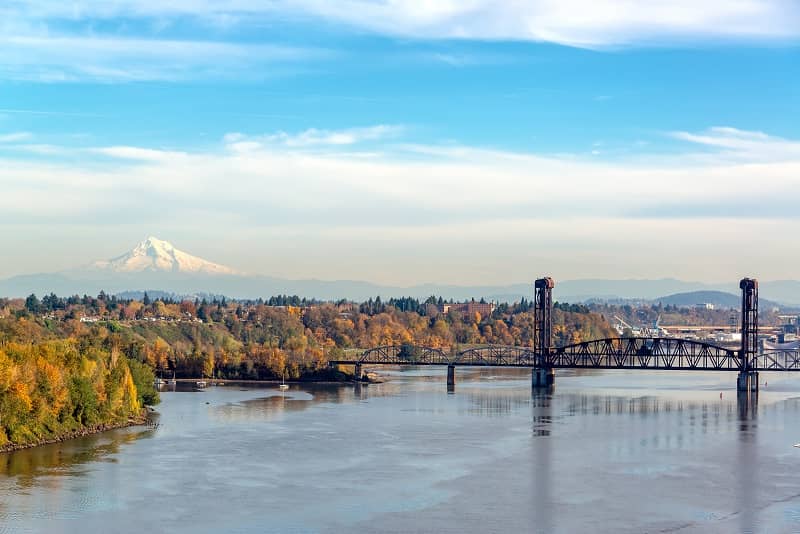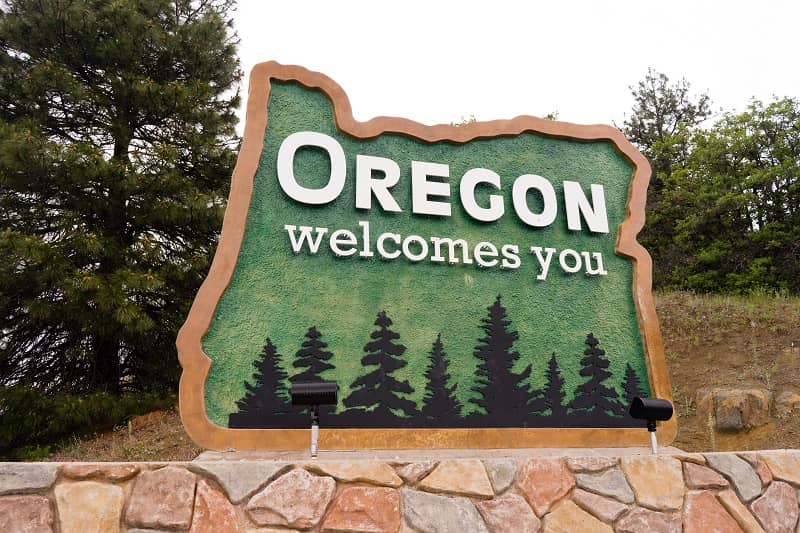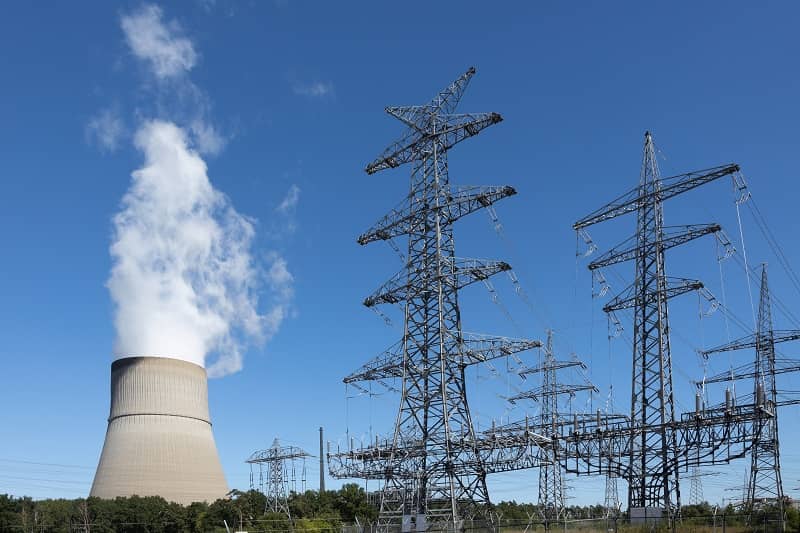![]() Click here to read this Commentary in PDF format
Click here to read this Commentary in PDF format
Summary
Because cap-and-trade programs and other wide-ranging reduction strategies rely heavily on offsets to reduce compliance costs, Cascade Policy Institute audited the leading offset provider in Oregon, the Climate Trust. The report, Money for Nothing: The Illusion of Carbon Offsets, takes a close look into the Climate Trust’s offset portfolio and shows that numerous problems undermine the quality and true effectiveness of the organization’s purpose.
Word count: 763
Week after week, the issue of “climate change” dominates state and national public policy discussions. Although the federal government has yet to act on regulating greenhouse gases (GHGs) like carbon dioxide, Oregon already has adopted one of the most ambitious greenhouse gas reduction policies in the world: Oregon declares it will reduce the state’s GHG levels to 10% less than 1990 levels by the year 2020 and 75% less than 1990 levels by 2050. Oregon’s goals, however unrealistic, rely in great part on carbon offsets, defined as any activity that “avoids, sequesters or displaces CO2 emissions.”
Because cap-and-trade programs and other wide-ranging reduction strategies rely heavily on offsets to reduce compliance costs, Cascade Policy Institute audited the leading offset provider in Oregon, the Climate Trust. The report, Money for Nothing: The Illusion of Carbon Offsets, takes a close look into the Climate Trust’s offset portfolio and shows that numerous problems undermine the quality and true effectiveness of the organization’s purpose. The report casts serious doubt upon the entire carbon offset industry and the effectiveness of a cap-and-trade program that relies on carbon offsets.
In 1997, Oregon passed the nation’s first law (House Bill 3283) regulating and attempting to reduce CO2 emissions from base-load natural gas plants, non-base load (peaking) power plants using any type of fossil fuel, and non-energy generating facilities that emit CO2. The law established a permissible emission rate for CO2, almost identical to the “cap” in a cap-and-trade program. This “cap” was set 17% below the cleanest known plant in the country, and it is periodically adjusted to remain 17% below the state-of-the-art plant. Therefore, a regulated facility can never comply with the standard, no matter how emission-efficient the facility’s processes are. When the unattainable standard is not met, the regulated facility is required to offset excess CO2 emissions, which it accomplishes by paying the Climate Trust.
All regulated facilities in Oregon built since 1997 have made payments to the Climate Trust. But once these facilities hand over the offset money, what do they get in return? The answer is not much in terms of reduced atmospheric carbon dioxide.
The Climate Trust’s projects are plagued by numerous problems, such as lack of additionality (i.e., reductions in CO2 would not otherwise occur without the funding provided by the Climate Trust), lack of accountability of funds, inaccurate assumptions, difficulty of verifying and monitoring results, lack of permanence, and leakage issues.
A few discoveries from the audit reveal the absurdity of carbon offsets:
? $106,000 of Climate Trust funds went to the Lummi Indian tribe for an annual Canoe Journey and an Indian college fund called the Northwest Indian College Billie Frank Endowment.
? The Climate Trust claimed CO2 offsets from paying a lumber company to needlessly plant more trees on already mandated stocked land.
? $120,000 of Climate Trust Funds went to start a website intended to motivate people to carpool and thereby reduce emissions. When the website only reached 4% of their goal after 5 years, the rest of the money was spent handing out bicycle helmets and pamphlets about how to get around the city on foot or bicycle.
? The Climate Trust, in collaboration with the Bonneville Environmental Foundation, spent $200,000 on CO2 offsets that were already created by preexisting wind farms.
? The Climate Trust overpaid for offsets in numerous projects and essentially cheated regulated facilities out of well over $1.2 million dollars and over 890,000 metric tons of offsets equivalent to taking 178,142 cars off the road for a year.
Even staunch supporters of the carbon offset industry readily admit that the concept of offsetting CO2 is not without flaws. Yet, supporters also assert that through proper quality controls and standards the industry can develop robust offsets that significantly help the environment. But the Climate Trust’s offset portfolio is filled with serious problems that undermine the organization’s purpose.
The Climate Trust’s many failures are just a small taste of what would come with the implementation of a cap-and-trade program. Cap-and-trade programs typically involve a mechanism that allows regulated entities to purchase carbon offsets or emission permits rather than decrease emissions. The Western Climate Initiative (WCI) cap-and-trade program proposed for Oregon has established that regulated entities can use carbon offsets to meet up to 49% of their cap. This means that a large number of the facilities that fall under the WCI cap will be purchasing offsets. If a cap-and-trade program is implemented in Oregon, expect much higher energy costs and a thriving offset industry that does nothing but redistribute money into projects that do little for the environment.
Attention editors and producers:
Cascade Commentaries are provided for reprint in newspapers and other publications, with credit given to author(s) and Cascade. Contact Cascade to arrange print or broadcast interviews on this commentary topic.
Electronic text files are available online at www.cascadepolicy.org.
Please contact:
Cascade Policy Institute
4850 SW Scholls Ferry Rd.
Suite 103
Portland, Oregon 97225
Phone: (503) 242-0900
Fax: (503) 242-3822
www.cascadepolicy.org
info@cascadepolicy.org
Cascade Policy Institute is a tax-exempt educational organization as defined under IRS code 501(c)(3). Nothing appearing in this Cascade Commentary is to be construed as necessarily representing the views of Cascade or its donors, or as an attempt to aid or hinder the passage of any bill before any legislative body. The views expressed herein are the author’s own.











